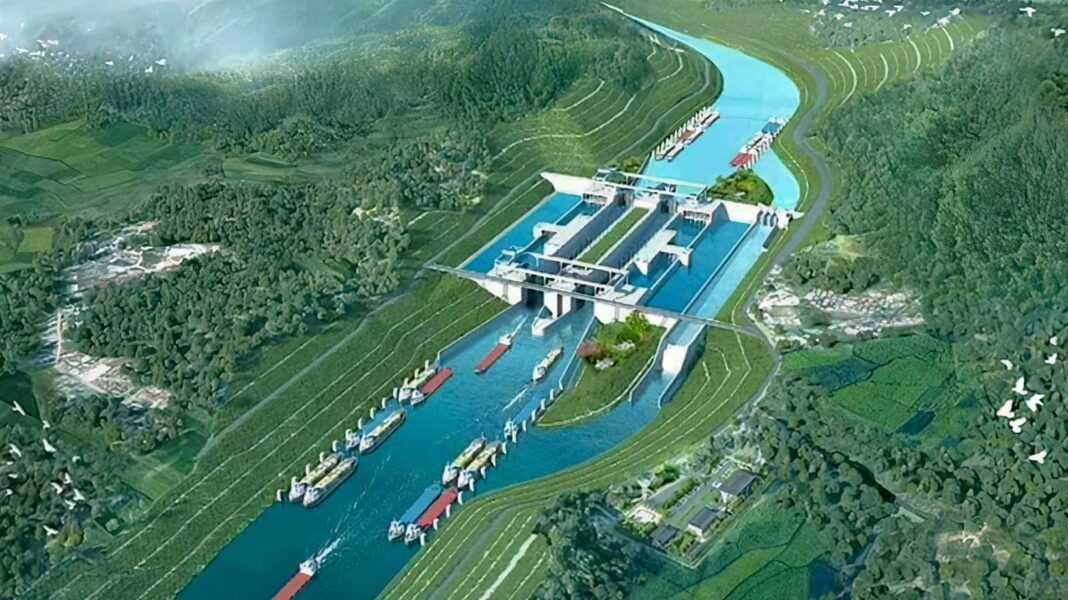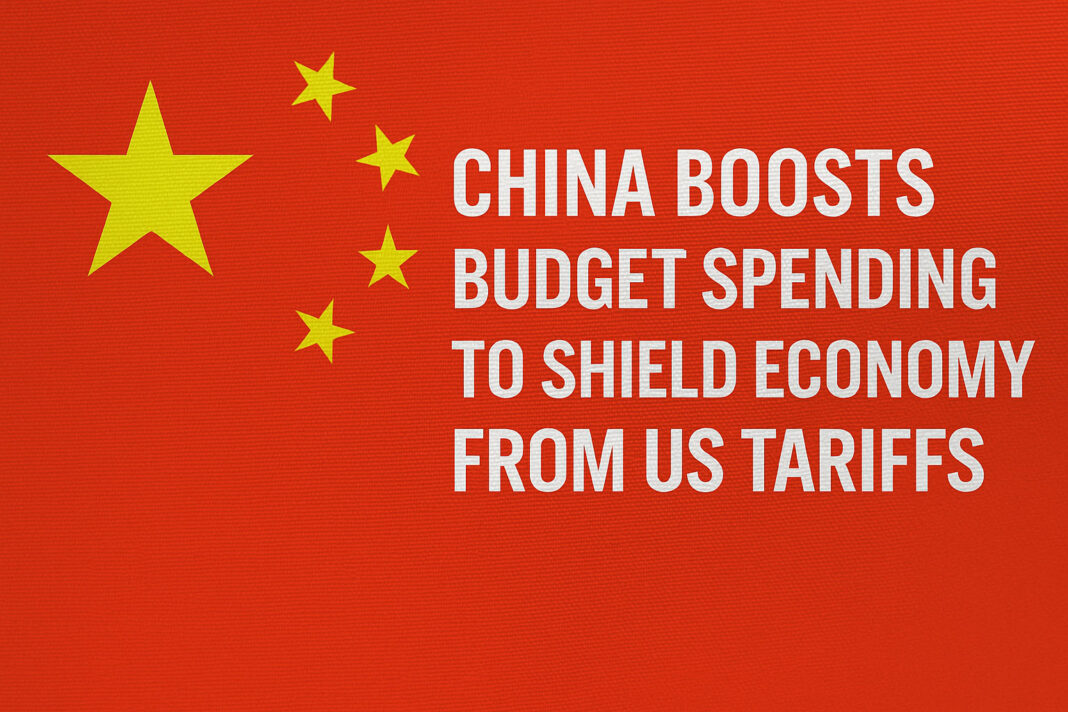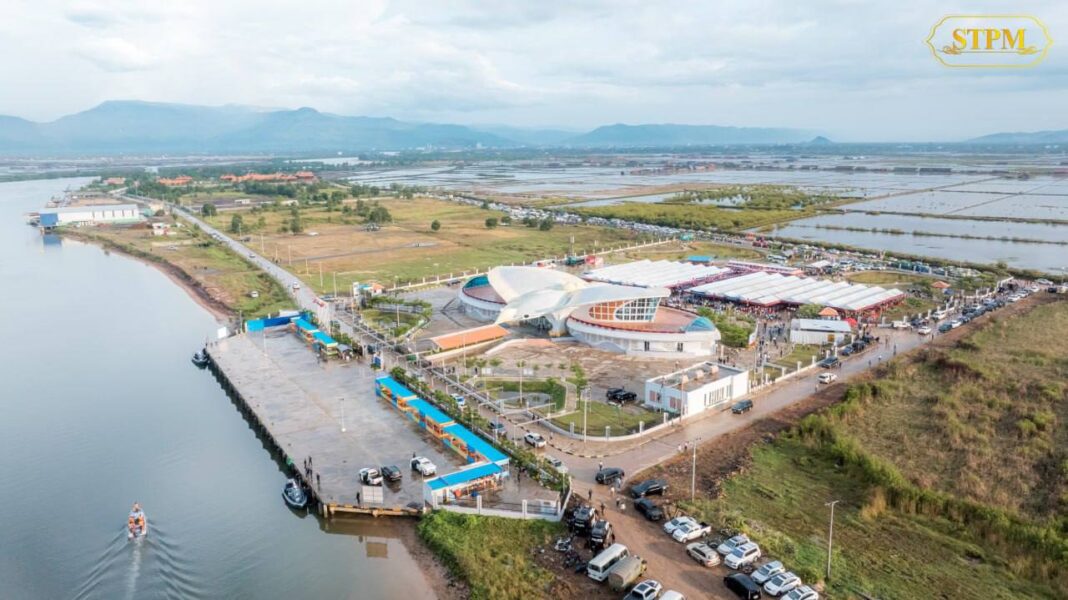China and Cambodia have pledged to strengthen cooperation on supply chains and transportation infrastructure, signing a landmark agreement to build the Funan Techo canal—a project Cambodia says will help transform its economic landscape. The deal was announced on April 18, 2025, at the conclusion of President Xi Jinping’s Southeast Asia tour, which included Vietnam and Malaysia.
$1.16 Billion Canal Project Scaled and Greenlit
The long-anticipated Funan Techo Integrated Water Conservancy Project will proceed with a revised budget of $1.16 billion, down from its earlier $1.7 billion estimate. The canal’s length was also adjusted to 151.6 km (from 180 km), in an effort to align with environmental and financial feasibility. The Cambodian government announced the new figures in a statement released Friday.
Financing will follow a public-private partnership model, with Cambodian investors holding a 51% stake and Chinese investors owning 49%. The project is expected to enhance waterway logistics, connect inland provinces to key trade routes, and reduce dependency on existing ports.
“China supports Cambodia in building the Funan Techo canal in accordance with the principles of feasibility and sustainability,” the joint statement read.
Strategic Supply Chain and Law Enforcement Collaboration
In addition to infrastructure, the joint statement highlighted a broader strategic partnership:
- The two nations committed to building safe, stable supply chains
- They agreed to ministerial-level dialogue between foreign and defense ministers
- China praised Cambodia’s efforts to crack down on telecom fraud and illegal online gambling
The move aligns with China’s broader regional outreach amid ongoing trade tensions with the United States. Cambodia’s growing economic alignment with Beijing was also evident in its recent deportation of Chinese nationals involved in cross-border crime, a move praised by China but criticized by Taiwan.
What This Means for Cambodia
The canal project could prove transformative, both economically and strategically. Previously estimated to be nearly 4% of Cambodia’s GDP, the scaled-down project still represents a major commitment to infrastructure-led development. It aims to:
- Improve logistics capacity between provinces and international markets
- Reduce transport bottlenecks for goods
- Attract new foreign direct investment in logistics and industry
By deepening ties with China, Cambodia positions itself as a regional player in the evolving Southeast Asian supply chain network, though the balance of foreign influence remains a sensitive geopolitical issue.
Source: Reuters





